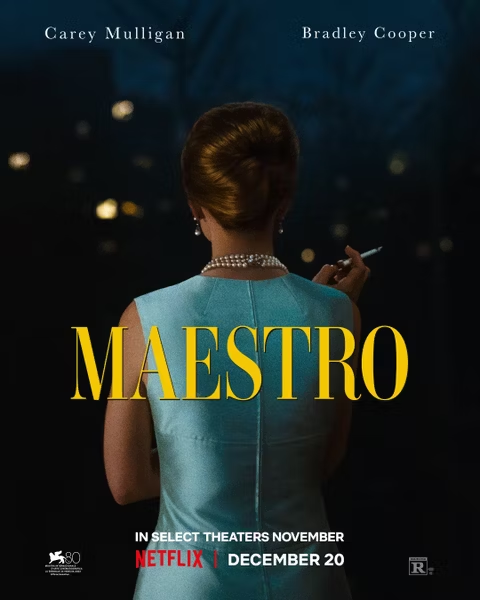
Finnish moviemaker Mikko Mäkelä made his mark as a gay filmmaker to watch with his first feature, 2017’s A Moment in the Reeds, which premiered at the London Film Festival. The film is a quiet but deeply sensual queer romance between a Finnish university student spending the summer renovating his father’s lakehouse and a Syrian refugee hired to help. But above all else, A Moment in the Reeds was intentional about being a film directed by Mäkelä—casting gay actors to play gay characters and examining the political landscape of Finland at that time meant he wanted truth in his movie that would later become a hallmark of LGBTQ+ cinema in the late-2010s.
This year’s Sundance Film Festival saw the premiere of Sebastian, Mäkelä’s sophomore feature. The film follows Max (Ruaridh Mollica)—a London-based writer on the rise—as he nears publication of his highly anticipated debut novel. What nobody in Max’s family, friends or even publisher know is that it is inspired by his secret life as sex worker Sebastian. It may have been work done out of necessity at first but, through more exposure to this job and the range of clients he interacts with along the way, Max’s relationship with sex (and therefore himself) begins to shift.
LGBTQ+ cinema—and particularly when it comes to movies about transgender characters—has long had an affinity for telling stories with or about queer sex workers. Think: classic films such as Gus Van Sant’s My Own Private Idaho and modern efforts like 2015’s Tangerine or even this year’s Ponyboi (which also premiered at Sundance). So yes, Mäkelä is using old crayons to make a new picture with Sebastian—but not necessarily in a bad way.
Indeed, taking cues from canonical films within this subgenre of LGBTQ+ cinema about sex work, Mäkelä does lean on what’s come before but in a decidedly contemporary fashion. For example, Max meets his clients through a third-party app on his phone. He also travels the same emotional arc as other sex-worker characters who have come before him: nervous at first but trying not to show it, he’s a fish out of water in the homes, hallways and hotel corridors of the men who hire him. There is an anxiety about what he’s doing with each new client he meets—aware of the risks involved.
But most significantly, Sebastian offers a more nuanced and progressive perspective on sex work; framing it more as the entrepreneurial endeavor that it is today (especially within the context of online content creators who use platforms like OnlyFans, which is discussed in the film) and less as the tragic and seedy act of desperation it has often been portrayed as earlier LGBTQ+ movies. In fact, Max is never actually mistreated or put into any danger throughout his appointments here—it is shown to be a sustainable business that not only supports him financially while he pursues artistry but allows him to access both his mind and body in ways that fuel writing and self-discovery at once.
During a period when the requirement to view nudity and sex in films is being considered — Cillian Murphy, for example, had to justify Oppenheimer’s sex scenes as necessary — Sebastian demonstrates that empowerment can be found in sex, closeness and pleasure, especially with regards to queer bodies. Cinematographer Iikka Salminen (who shot A Moment in the Reeds) reunites with Mäkelä here and his camera doesn’t shy away from getting up close and personal with Max and his clients. We’re shown the whole gamut of sex and intimacy, from wild and fun to tentative and not without a few fumbles; it’s a far cry from older LGBTQ+ movies where – particularly among sex-worker characters – sex was often something you feared or demonised or, more often than not, were killed for.
That said, it’s not entirely clear what Sebastian is trying to say until well into its second half (ironically not unlike how Max himself doesn’t discover what he wants to achieve with his novel until he’s almost finished writing it). Still, Mäkelä is a strong voice who needs to be heard within modern LGBTQ+ cinema. In two features he has displayed nothing but utmost care towards and craftsmanship with his characters.
The most beautiful relationship in Sebastian is between Max and Nicholas (Jonathan Hyde). Having spent the last few years grieving for his one true love, Nicholas is immediately different from the other men who have hired Max. A man who loves fine art and good wine first rejects Max’s sexual advances on their first meeting: “I need to know you better first.” It’s a different kind of relationship than those Max has as Sebastian but because Nicholas studies, teaches and loves literature it’s not entirely unwelcome; if anything here bares souls more than ever before. In a film where queer cinema past meets present collides it feels especially warm seeing an older gay man share stories and perspectives with a younger one. They bare their bodies to each other, but here they share their souls as well.
This, of course, makes Hyde the stand-out in the cast; like a lover who has gotten out of bed he has a warmth that lingers whenever he isn’t on-screen. In fact all the actors – whose characters orbit Max – make great use of their minimal time on-screen, colouring in the spaces of Max’s life. Mollica is an actor to watch indeed and he turns in such an understated performance as Max but there are times when it feels too restrained; so much so that often other characters eclipse him, they feel livelier and fuller which makes it feel less like Max is driving the narrative and more like external forces/characters are propelling him forward.
With all its flaws Sebastian ultimately looks towards the future of LGBTQ+ cinema. Its closing scenes alone represent a hopeful turning point; they draw us in for one final indeed powerful proclamation.
Watch free movies on Fmovies







